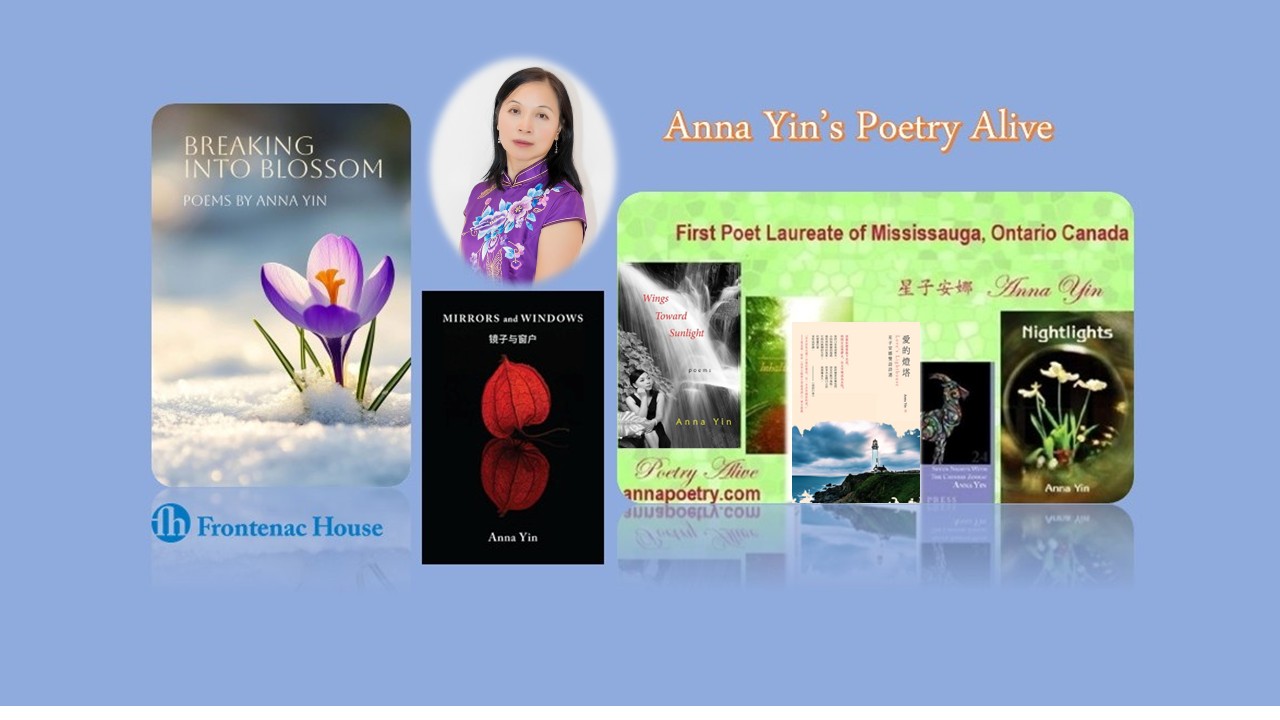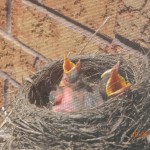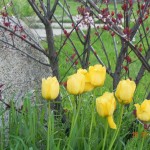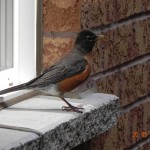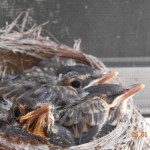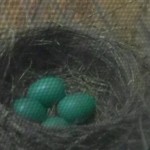More: https://www.annapoetry.com/?page_id=1344
four poems for Commuterlit
Camping in Al Purdy’s home town
I was invited to attend PurdyFest this summer. We plan to camp at the Zen Garden with other poets. I will also do a Poetry Presentation for Raymond Stouster. I think it should be a lot of fun!
